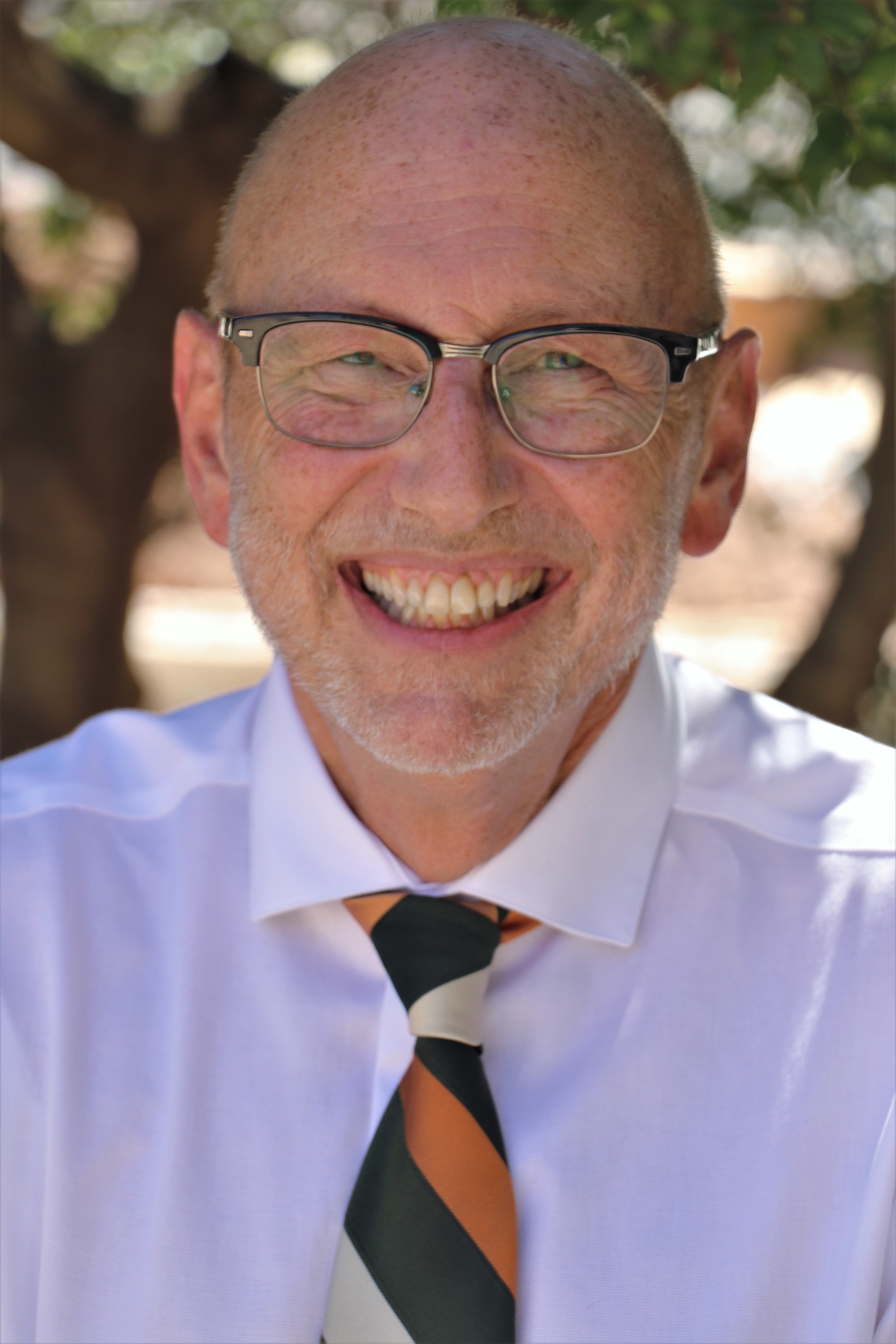
I am writing this introductory column for the Fall 2022 newsletter from the Boatslip Hotel in Provincetown, where I await nine graduate students who are attending the Tennessee Williams Festival Scholars Institute, our 11th year here on the Cape. The students arriving—three doctoral and six MFA candidates (performance and pedagogy and arts administration focuses) tackled a hefty reading list this summer, rife with plays and scholarly articles, and have submitted a journal detailing their reactions to the reading. (By the way, one journal was 56 pages, and included summaries, significant quotes, and arguments detailing the author’s strong opinions of the reading!) Texas Tech played an instrumental role in developing this scholar’s institute, where we are joined by students and critics/scholars/dramaturgs/directors/performers from around the world.
The School of Theatre and Dance first attended the festival in 2012, and each year, shows selected revolve around a theme—last year it was censorship, but topics have included Williams and… music, women, censorship, O’Neill, Shakespeare, and yes, even Mishima. This year, the topic is—just Williams, a return to the roots of the festival. Students will see Streetcar, Cat on a Hot Tin Roof, and lesser-known plays such as The Magic Tower and The Peaceable Kingdom. They spend 7-9 hours a day in scholarly discussions with famous Williams’s critics from around the world, and this year, they will also hear from critic Chris Jones of The Chicago Tribune, who will share strong opinions about the future of the arts.
I go to some length describing the festival to share with you our School’s commitment to experiential education—what it means to experience professional work/network outside of the classroom. We believe strongly that students learn best when we combine excellent training in the classroom with hearing from practicing artists, many who experiment with form--in this case, for example, several plays are performed in found and site-specific spaces, with artists from South Africa, Cypress, and a collective from Harvard, among others. Students not only learn as audiences, but also through discussions with scholars and theatre/dance practitioners—all to increase their knowledge of Tennessee Williams, especially his later works.
But it’s honestly more than that: it’s about the need to support and sustain live performance, especially after the pandemic.
This festival is only one of the many programs we created over the past decade to enhance student learning. WildWind Performance Lab brings a host of artists to Lubbock each June. The Marfa Intensive this upcoming summer, in partnership with Silk Road Rising from Chicago, will articulate on stage the challenges that those with aphasia experience when they strive to communicate, directed by an artist from Lebanon. Our students may travel to Turkey to learn mask work from an artist from Poland this November, and again for a festival in May where they will see works from universities all over the world.
All of our students take a course called Theatre and Dance in the Community, where they share their experiences in the arts actively in hospitals, veteran organizations, and schools, and we still collaborate with the Burkhart Center to produce plays developed alongside students on the spectrum. And our students also participate in the American College Dance Association and the Kennedy Center American College Theatre Festival, to introduce them to best practices from others in the country.
As we move into Phase II of our new theatre and dance complex this spring, we are excited to work again in our newly remodeled Charles E. Maedgen, Jr. Theatre (join us there for Sweet Charity, our last show of the season) and to bring our costume shop back from across campus. We are thrilled to welcome our new Dean, Martin Camacho, who brings with him a wealth of knowledge in the arts and community activism, as well as new faculty and staff to join our already thriving group of educators. And we recently met with our new students, reminding us that their education is of paramount importance, the reason we are here.
As we begin the new academic year, we are so grateful that we can support live performance, that we have an administration who appreciates the arts, and that we can explore the best means of educating our students. In other words, while we may be isolated in West Texas, we truly introduce our students to best practices the world over.
